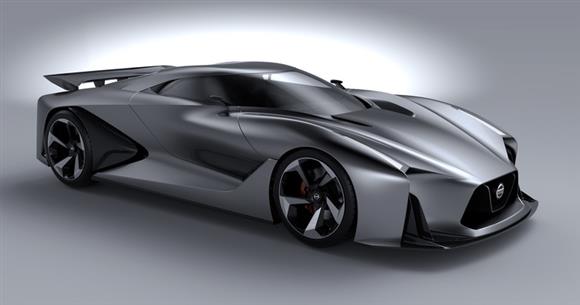Cars have a way of transforming the human personality,
especially when a person slips behind the wheel. Nice, normal, relaxed people
can transform into monsters that threaten the fabric of society. Wondering how
driving changes you? Take this quiz from us at Sheehy Nissan of Mechanicvsille to find out. An answer key at the end
will help you interpret your answers.
- You’re on a two-lane road (one lane in
each direction) with a double-yellow line in the center. You are behind a
driver that is moving at about 20 mph (the speed limit is 45). What do you
do?
- Ride
up to the car’s bumper while leaning on your horn, flashing your lights,
and waving vulgar sign language out your window.
- Pass
the car illegally on the left or right to get in front of it and then
slow down to about 10 mph to teach that driver a lesson.
- No
one says any one person must go the speed limit.
- Establish
a safe following distance and set your cruise control to match the speed
of the car in front of you and enjoy the scenery.
- You are driving on an interstate highway
where the speed limit is 55. How fast are you driving?
- The
capabilities of my car and the appearance of flashing blue lights are the
only speed limits I know.
- I go
8 mph over the speed limit at all times. If I’m feeling lucky, I’ll jack that
up to 15 or 20.
- I
will go 55, but I see the speed limit is changing up ahead, so in a few
seconds I can lawfully jack up my speed to 65.
- I’m
afraid my speedometer reads too fast, so I’ll go about 10 mph slower than
the speed limit just to be safe.
- You’re approaching an intersection that
has a light that just turned yellow. You’ve stopped for 15 red lights
already, so you don’t think you should have to stop again. What do you do?
- Put
the pedal to the metal and run it. You must break the cycle to get better
luck.
- Use
your illegal traffic light changer to give yourself a green light.
- Stop,
but complain about how the government is making you late.
- Calmly
stop, knowing that you have planned enough travel time so you won’t be
late.
- What part of your car do you appreciate
the most?
- The
gas pedal.
- The
nitrous oxide power boost system.
- The
all-around airbags.
- The
fuel economy rating.
- According to your belief system, who or
what makes the roads you travel most dangerous?
- Police.
- Traffic
lights.
- People
who don’t wear their seatbelt.
- Poorly
maintained roads.
- Why did you get your last ticket?
- The
cop saw my “Life is Good” bumper sticker and wanted to prove it wrong.
- I
was the slowest speeder out there.
- OMG.
I had a burnt-out taillight and didn’t even know it! Thank you officer!
- Failure
to drive the minimum speed.
If you answered A or B to all six questions, you are an
aggressive and irresponsible driver. You should check into a counseling program
immediately. If you answered A or B to three or more questions, you are an
annoying driver who could lose control at any moment. If you answered A or B to
zero to two questions, you are very relaxed and responsible, but you might
become a victim of road rage.



